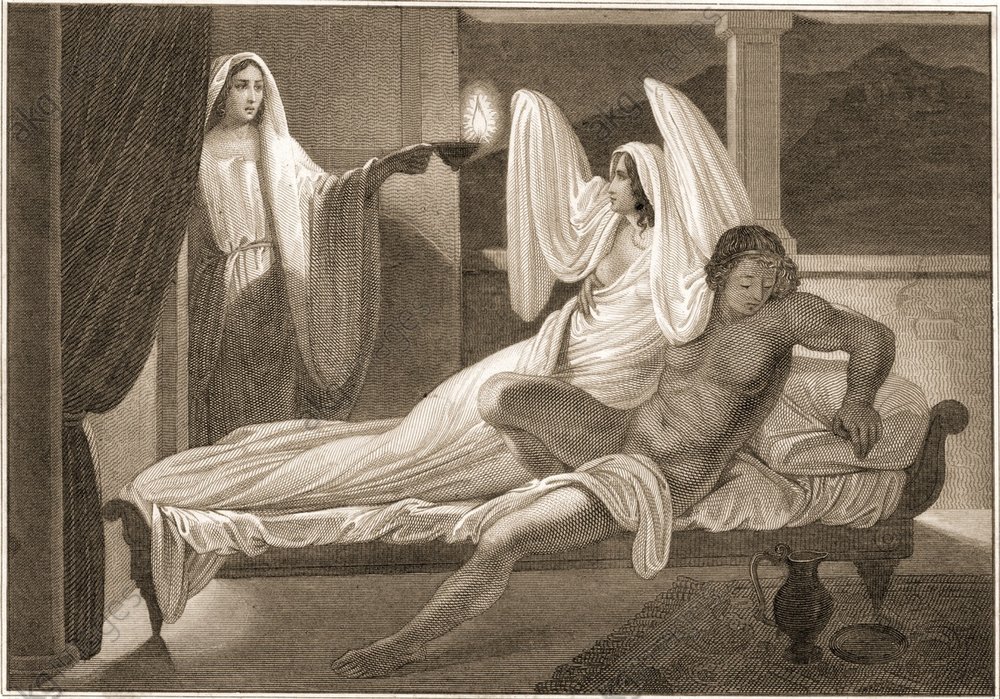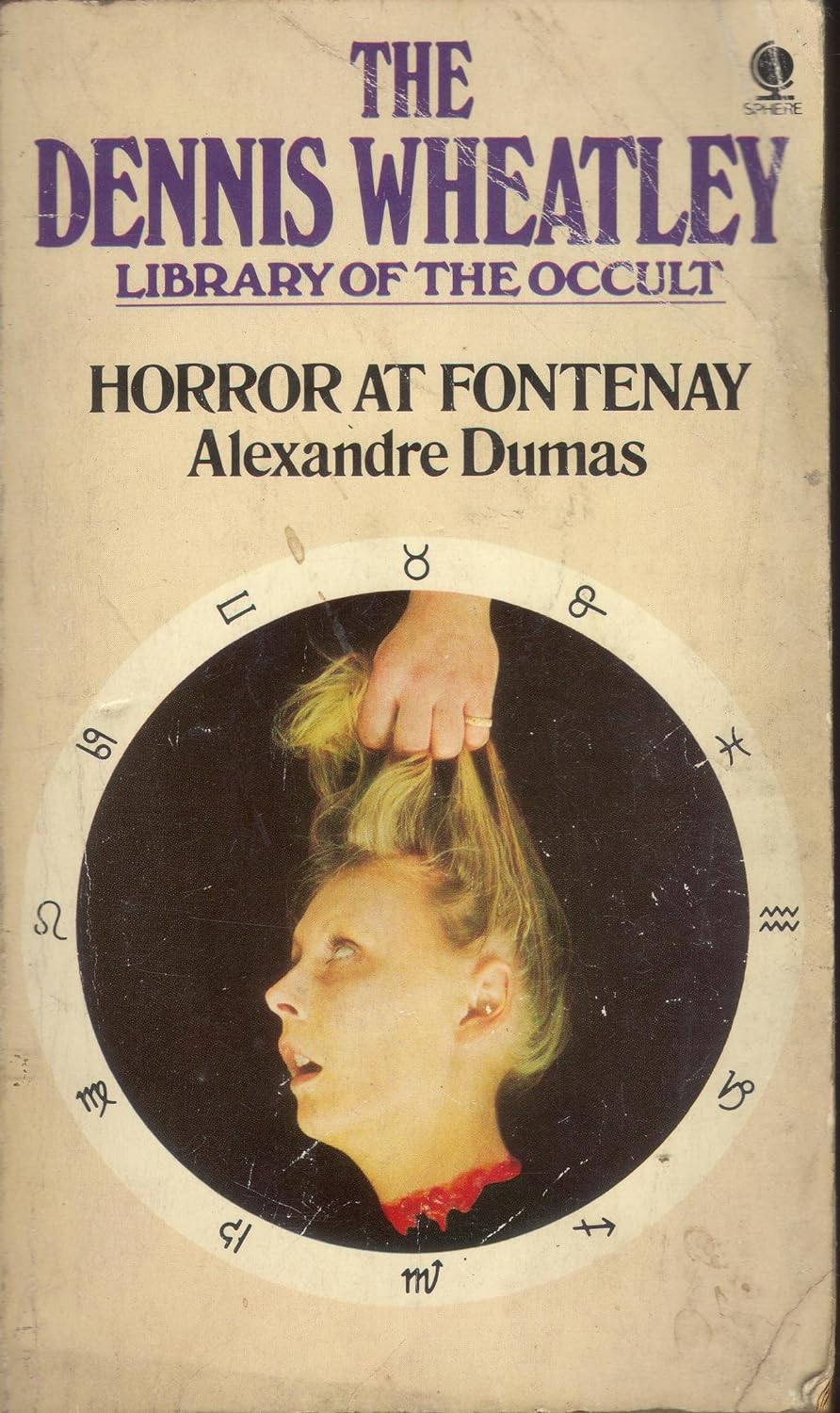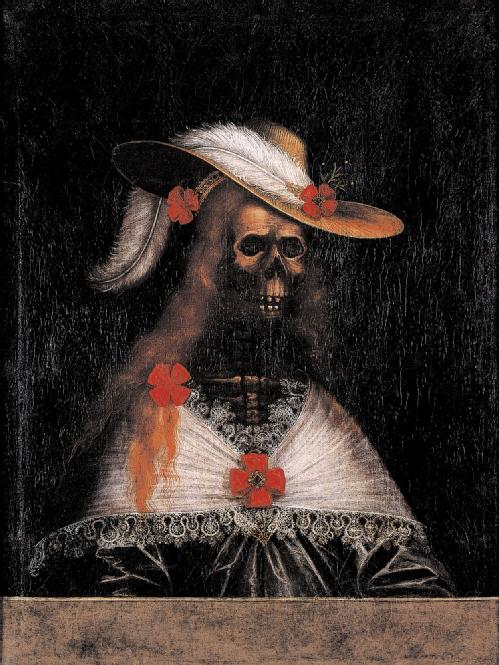LN305 European Gothic
| Module Code: LN305 |
|---|
| Module Name: European Gothic |
| Module Coordinator: Professor Fabio Camilletti |
| Term 1 |
| Module Credits: 15 |
Module Description
This module aims to challenge Anglo-centric narratives of the Gothic, by putting in the spotlight trans-national and trans-linguistic exchanges across Europe in the ‘Golden Age’ of Gothic literature (1764-1850). By focusing on specific case studies of textual translation, adaptation, and manipulation, it innovatively brings together elements of translation theory, history of printed culture and history of the book, Gothic theory, and media studies.
In 2025-26, European Gothic will be devoted to the urban legends of the French Revolution and particularly to the veritable resurrection of the legendary figure of the 'Corpse Bride' in the urban lore of revolutionary Europe and beyond. Students will embark on a journey between literature, folklore, visual media, and 'real supernatural' reports, trailing the metamorphoses of an uncanny, elusive figure manifesting herself in different moments and places of human history: II century Greece, Medieval Rome, an early modern Jewish community in Poland, a village haunted by vampires in XVIII century Moravia, Paris in 1793, the American highways during the Great Depression...
The module is available across the School of Modern Languages and Cultures, and does not require students to have language abilities in any specific language. International students are particularly welcome.
Module outline
Please refer to Moodle.
Teaching
One-hour lecture and one-hour seminar per week, both face to face.
Assessment
Assessment for 2023-24
10 minute seminar presentation (20%)
3000 word essay (80%)





